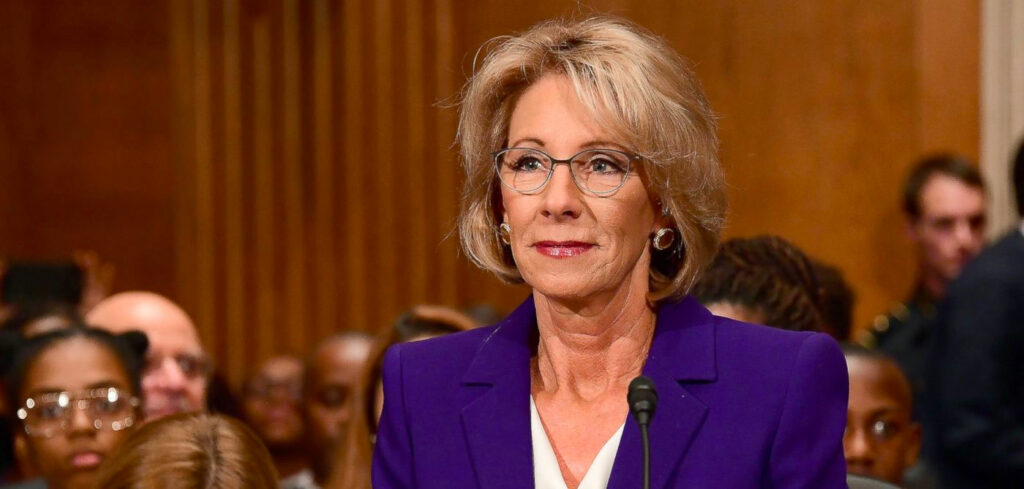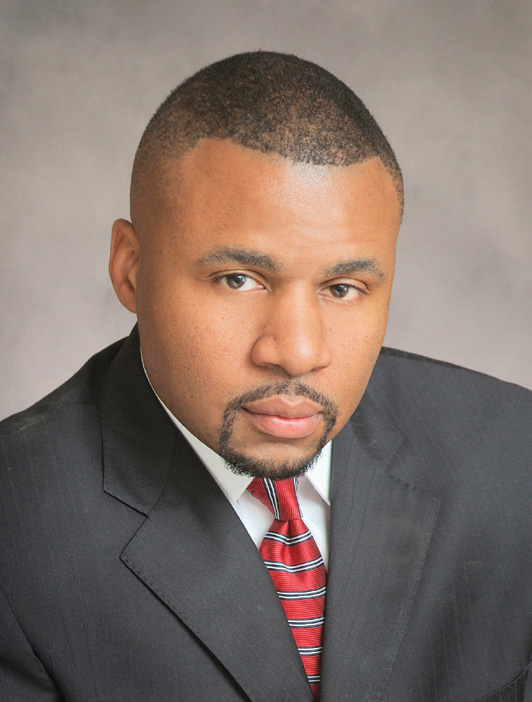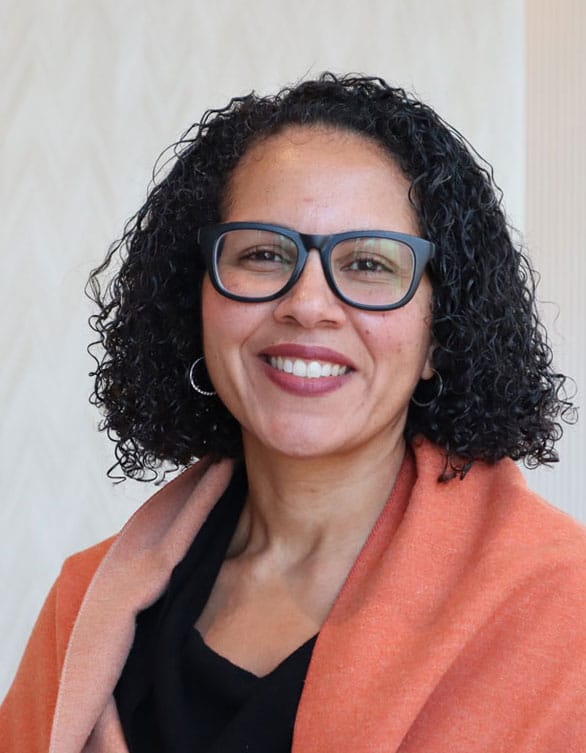Blog
Our Next Secretary of Education Should Know Education

As Americans we celebrate the ideal that a freely elected president may appoint, with the advice and consent of the Senate, anyone capable of carrying out his or her vision for the future of our nation. To the victor go the spoils. However, in this week’s first hearing of Betsy DeVos, President Trump’s nominee for Secretary of Education, it became immediately clear DeVos lacks even the most basic knowledge and capabilities required for the responsibility of U.S. Secretary of Education.
The DeVos Senate confirmation hearing did little to inspire confidence that she can competently serve as the chief of our nation’s public education system. In fact, the hearing laid bare astonishing deficits in DeVos’s understanding of the obligations and authority of the Department of Education. She appeared troublingly unversed in significant education issues and ill-prepared on current realities including:
- Confusion around the responsibilities of schools to comply with the Individuals with Disabilities Education Act and the penalties the law applies for failing to meet the needs of students with special needs;
- No clear understanding of and stance on standards of competency—also known as the proficiency vs. growth debate;
- An insensitive approach to issues surrounding guns in schools;
- A lack of clarity on the need to hold for-profit charter schools to the same level of accountability as traditional schools; and
- A lack of clarity on the need to enforce rules that require private career academies to offer students real, marketable skills.
Her inability to assemble the team and dedicate the time necessary to adequately prepare for one of the most predictable parts of the process and the job—the Senate Confirmation Hearing—should be alarming and offensive to Senate members on both sides of the aisle.
DeVos is a well-heeled philanthropist who has championed the expansion of charter schools, school vouchers, and tuition tax credit programs. She and her family have contributed hundreds of millions to Washington, D.C. politicians. Yet, possessing millions of dollars does not automatically make a philanthropist — or a philanthropic organization — more prepared or more credible. As a funder dedicated to ensuring that all students in our public education system have a fair and substantive opportunity to learn, the Schott Foundation’s thought leadership has been sharpened through 25 years of experience working with and learning from parents, students and educators in local communities, districts and public schools across the nation.
It’s clear that Mrs. DeVos has little in the way of federal education policy experience as she was rarely able to provide substantive answers to legitimate questions about her ideas and plans. DeVos currently has no experience serving in public schools as an educator, administrator, board member or superintendent. She has no earned degree in education. She was neither a student of a public school nor the parent of one. Furthermore, the results of her work championing school choice programs and privatization efforts in her home state of Michigan have been dismal. Ardent supporters of both school choice and charters readily admit that Michigan’s models of charters and choice are far from success proof points. The implementation of the choice and charter schools that DeVos has championed in Michigan have been expensive, unaccountable, and at best, underperforming — at worst, abusive and predatory.
There is a minimum level of experience required for each cabinet-level position. As such, it’s the Senate’s job to ensure that the next Secretary of Education is qualified and fit to serve. While executing that obligation, it has become clear through DeVos’s lack of preparedness and knowledge of relevant laws and practices in public education that she is currently unprepared to serve as U.S. Secretary of Education—one of the most important positions in our nation—protecting opportunities to learn for all students and strengthening our public schools as cornerstones of our democracy.



